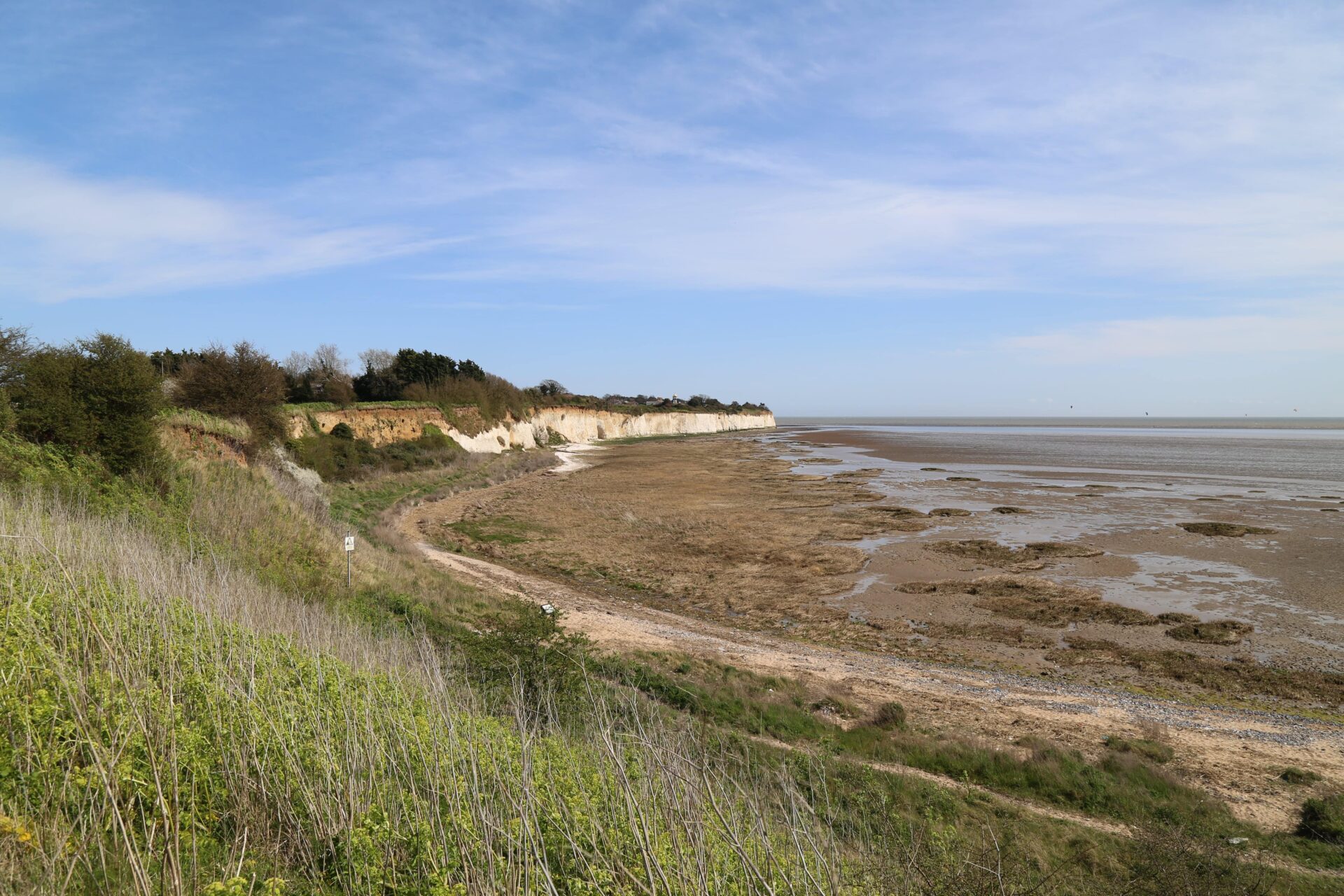What is E3 Sharing Space for Nature?
The E3 ‘Sharing Space for Nature’ initiative stems from new Convention on Biological Diversity targets, which commit every country to nearly double the area of land and sea managed for nature to 30% by 2030. This requires a radical shift in how we imagine, design and implement successful and inclusive conservation solutions in multifunctional landscapes and seascapes.
Our work will generate the high impact interdisciplinary research needed for informed decision-making, operating across three spatial scales. In East Kent, we will co-produce approaches to understand and establish innovative initiatives for nature recovery, climate change mitigation via forest and coastal ecosystem restoration and nature-based job creation. In South East England, we will provide knowledge and skills to assist in delivering new policies to develop county-level nature recovery networks. Internationally, we will establish a collaborative cross-national research programme examining the potential for new types of conservation area to contribute effectively to meeting global conservation targets.
E3 funding is designed to support local and regional impact, as well as support broader research excellence, so our project has three main components with a different geographical focus:
Cluster A: Nature recovery in South East England
A1. Landscape-scale nature recovery
Nature recovery in East Kent has been strongly linked to wilding and rewilding. Wilding is the most high-profile and contested approach for restoring nature in England, and commonly involves re-introducing large herbivores to restore ecological processes and increase biodiversity. Despite its salience and increasing importance at the national level, England’s wilding research capacity is currently low and mostly focuses on ecology. One of the most prominent wilding projects in England is the Wilder Blean, a network of conservation areas in East Kent that became home to the country’s first population of European bison in 2022. Local NGOs and government have ambitious plans to restore landscape connectivity, followed by initiatives to link with globally important freshwater and marine habitats. This makes East Kent ideal for E3 investment, to investigate the extent to which wilding could be an important component of the economy and could involve thousands of residents and visitors. Thus, research here can garner much deeper insight into the role of wilding, and its associated challenges, for informing broader policy on nature recovery.
Our ‘Sharing Space for Nature’ project will also work with other landscape-scale nature recovery projects in Kent and Sussex. These include initiatives led by local landowners, such as the pioneering Weald to Waves project and newly established Chalk to Coast project, as well work focusing on National Landscapes.
A2. Regional-scale nature recovery
The Royal Society report on Multifunctional Landscapes predicts the UK will need 4.4 million ha of additional land (18% of the total country) to achieve carbon net zero through forest restoration/creation and nature recovery. The choices we make now on how to manage our landscapes and seascapes are therefore likely to have far-reaching ecological, social and economic consequences that will be felt for centuries to come. In England, county-level Local Nature Recovery Strategies will be the main implementation mechanism, producing habitat maps that will be updated every three to ten years and underpin all local spatial planning.
South East England has the country’s highest biodiversity levels and development pressures, making it a priority for research that can then also inform action across the nation. We will also develop an England-wide Community of Practice in systematic conservation planning for researchers and practitioners, and work with policy makers at the national level to identify how best to link local- and national-level targets.
Cluster B: Meeting Global Conserved Area Targets
To meet the Global Biodiversity Framework Target 3, the international community is pushing for large increases in OECMs (other effective area-based conservation measures), a new type of conserved area. OECMs are mostly privately- or community-governed and, although not specifically set aside for nature, they have conservation value through how they are managed. Every country is developing new systems to identify, officially recognise, support and monitor their OECMs. Research is needed to inform all of these actions, which needs to be cross-national and co-produced to ensure it is nationally relevant while also being able to inform international policy and practice.
This will involve creating an OECM consortium, bringing together our existing government, NGOs and academic partners from Australia, Cameroon, England, Guyana, Indonesia, Italy, Mexico, Mozambique, Nepal and Peru.
The project began August 2024 and involves existing DICE members and 14 new staff. Find out more about the people involved in the project.
